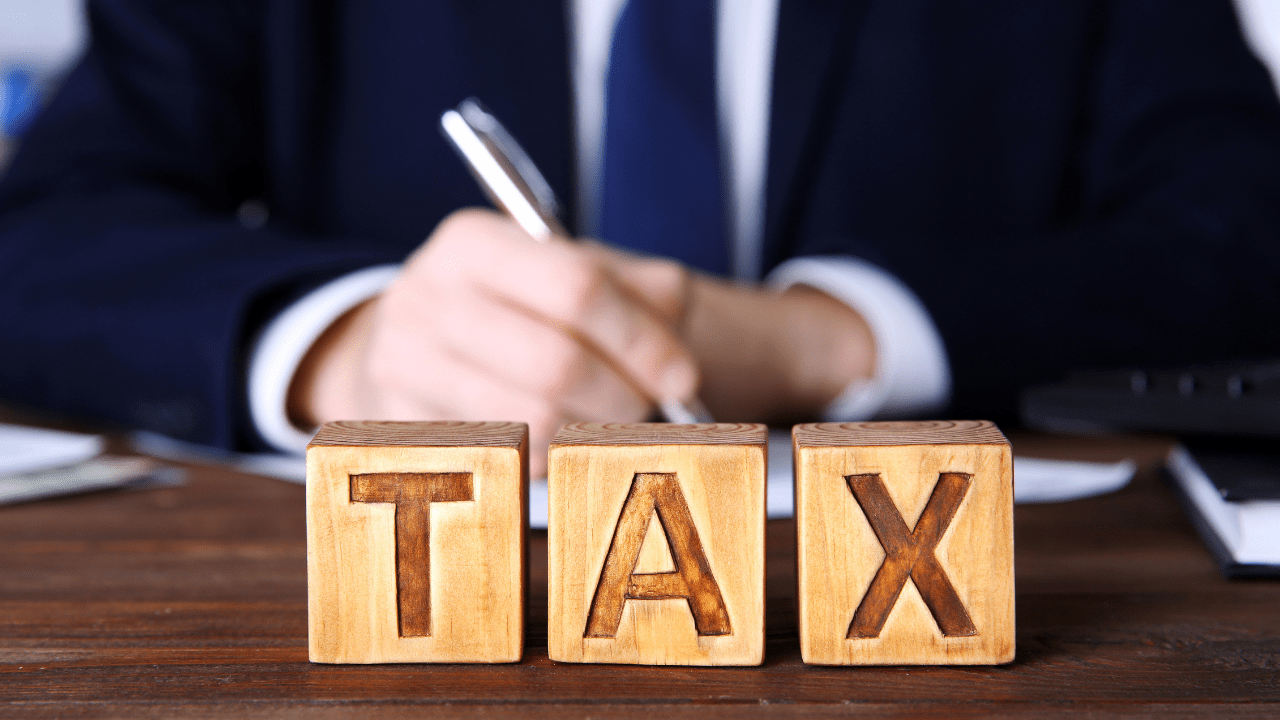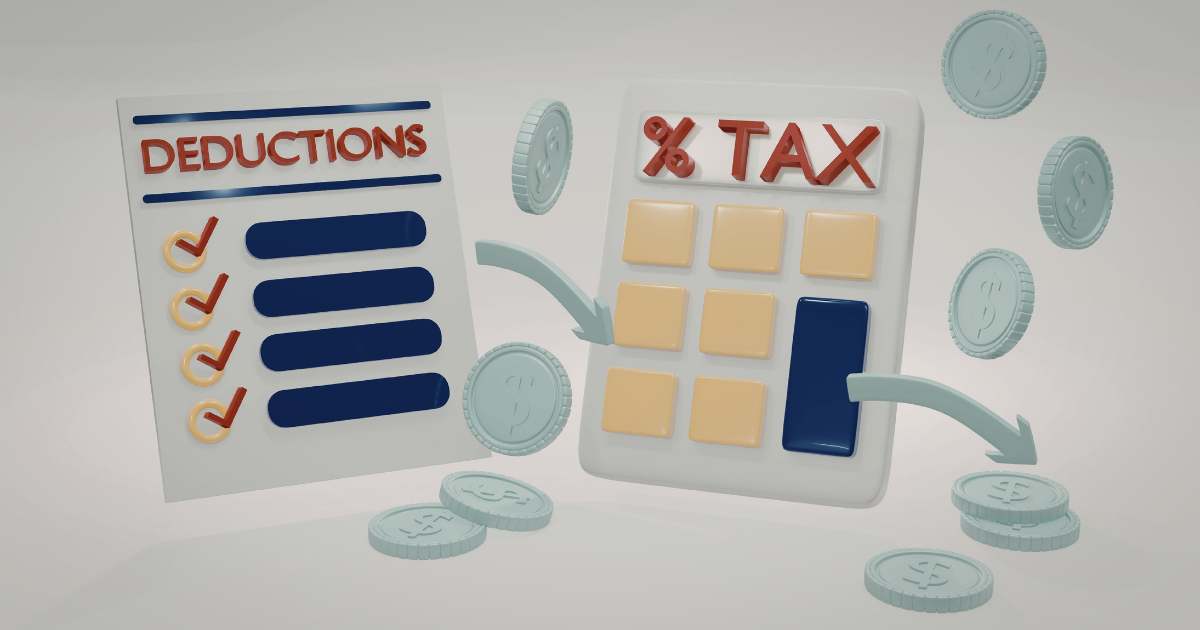
Getting taxes right is one of the most important parts of running a small business. It can also be a real challenge, as many business owners aren’t aware of all the tax obligations involved in managing a business.
However, managing taxes for your business can be a pretty straightforward process as long as you’re properly informed. To help you out, this guide covers the basics of tax obligations for South African SMEs.
Registering for Tax
When launching your small business in South Africa, it’s crucial to register for tax with the South African Revenue Service (SARS) within 21 business days of starting your business activities.
This involves obtaining a tax reference number (TRN) for your business, a unique identifier used for all tax-related matters.
You need to have this for tax reporting – something you should have in place from day one. Ideally, you’ll have your TRN in place before your business starts generating its first revenue.
Types of Taxes
To understand your business’s tax obligations, you need to understand the different types of tax that exist. Your business might have to pay various forms of tax, depending on its operations.
Income Tax
As an SME, you’ll be subject to income tax on your profits. The tax rate varies based on your annual taxable income.
It’s essential to become familiar with the different tax brackets applicable to SMEs, ensuring you optimize your tax position.
If you operate as a sole proprietor or freelancer, then your income tax is under your name and your own personal tax number. If your business is set up as a registered company, then your business will need to pay income tax, and you will need to pay income tax in your personal capacity.
Value Added Tax (VAT)
If your annual turnover exceeds the prescribed threshold (R1 million), then registering for VAT is necessary. This step allows you to collect and remit VAT on taxable supplies, while also ensuring strict compliance with VAT regulations.
Pay As You Earn (PAYE)
For SMEs with employees, it’s crucial to register for PAYE.
This involves deducting income tax from your employees’ salaries and submitting monthly returns to SARS, reflecting these PAYE deductions accurately. This is a requirement for all employers.
Skills Development Levy (SDL)
To support skills development initiatives, employers are mandated to contribute to SDL. Understanding how to calculate and remit SDL contributions at the prescribed rates is essential for tax compliance.
Unemployment Insurance Fund (UIF)
Registering for UIF is another necessary tax implication for SMEs with employees.
Making monthly contributions on behalf of your employees is not only a legal obligation but also contributes to social security. Ensuring compliance with UIF regulations is an important part of being an employer.
Record Keeping
One of the most important parts of keeping your business tax-compliant involves maintaining clear financial records.
This includes invoices, receipts, and supporting documentation. Keep these records for a minimum of five years, as SARS may conduct audits.
[affiliate_widget id=”58132″]
Filing Tax Returns
You’ll need to file tax returns on time each year. This is crucial for SMEs.
Submit your annual income tax returns to SARS by the stipulated deadlines. Even if your business has a zero-rated turnover for VAT, submitting returns on time is important for staying tax-compliant and avoiding any penalty fees.
Tax Incentives and Deductions
While paying taxes for your business can be frustrating, there are also various ways you can minimize your tax payments and access tax refunds.
Explore the different tax incentives and deductions designed for SMEs. Familiarize yourself with the specific requirements and eligibility criteria for each incentive to optimize your tax liability. This can help make your business a lot more tax-efficient.
Professional Assistance
Consider the value of hiring a tax professional or consulting with an accountant.
Doing this ensures compliance with complex tax regulations and keeps you informed about any changes in tax laws that may impact your business.
Not only will it save you a lot of time and effort, but it will also help you maximize your tax returns and make the most of any possible incentives and deductions.
If you run a small business, make sure that you get your tax affairs in order from day one. This will help you avoid unwanted penalties and will make running your business a far easier process.
While it can be intimidating, managing small business tax isn’t as difficult as it may seem. As long as you understand your tax obligations and keep your finances organised, filing tax returns gets easier every year.






